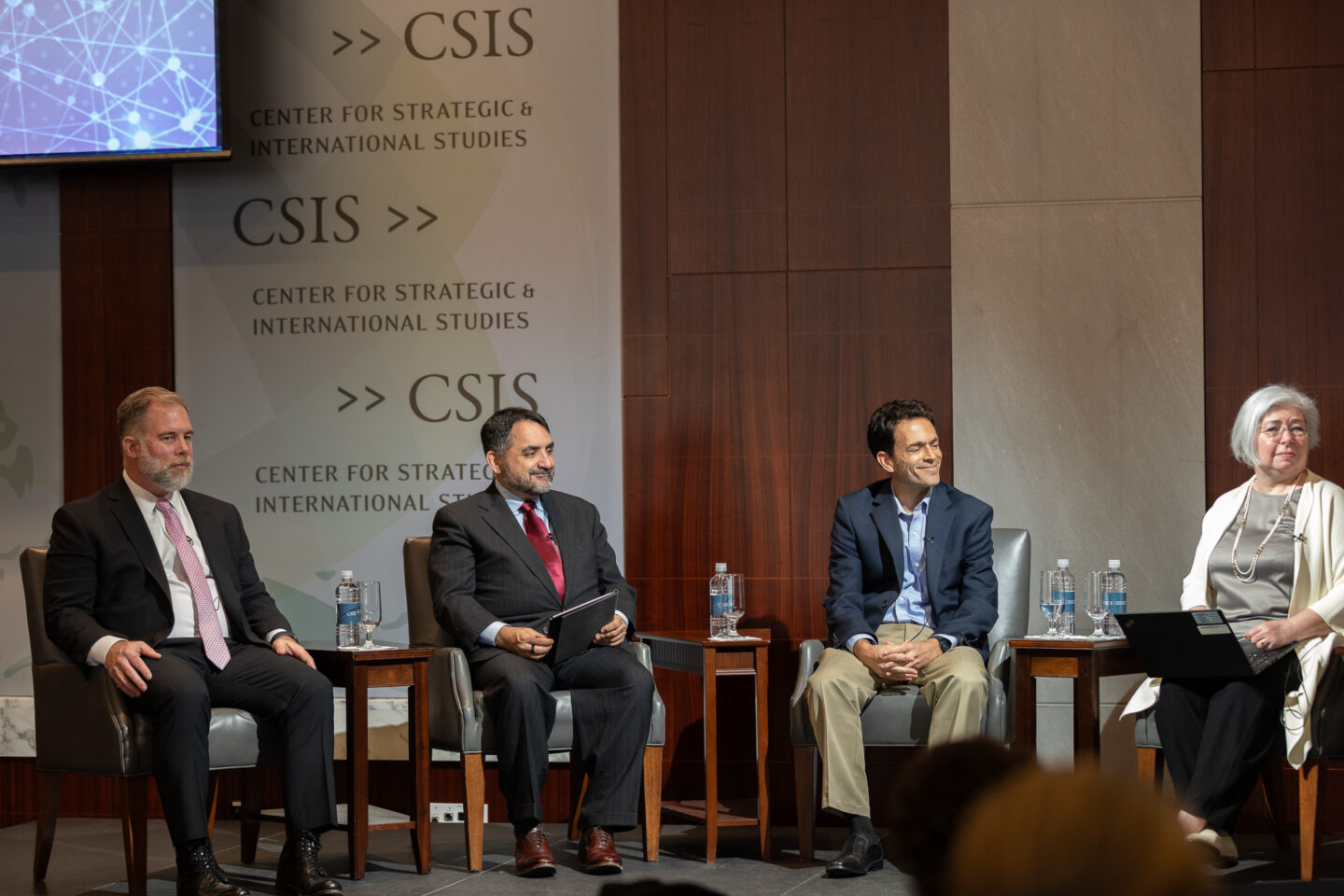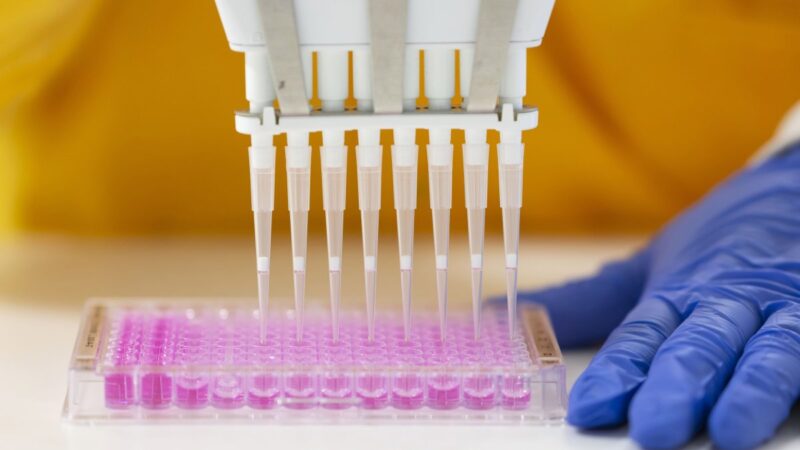(Transcript) 2024 LeadershIP Conference Panel I: National Security: Innovation, Intellectual Property, and International Competitiveness

This transcript is from the 2024 LeadershIP Conference hosted at CSIS on April 9th, 2024. Watch the full video here.
(DOWNLOAD) LeadershIP 2024 – Panel 1 Transcript
Panel Description: The ongoing global IP policy developments are impacting U.S. technological and economic competitiveness. From March-In rights to Standards Essential Patents (SEPs), how do these developments impact the U.S. industries from biopharmaceuticals to wireless communications to semiconductors?
Speakers
Hon. Dr. Walter G. Copan, Senior Adviser (Non-resident), Renewing American Innovation Project, CSIS
Prof. Jonathan Barnett, Torrey H. Webb Professor of Law, University of Southern California
Patrick Kilbride, Senior Vice President, Global Innovation Policy Center, US Chamber of Commerce
Gillian M. Fenton, Special Counsel – Innovation and Government Collaboration, GSK
Fabian Gonell, Senior Vice President, Licensing Strategy and Legal Counsel, Qualcomm


If Private Sector R&D Is the Future, IP Policy Must Catch Up
